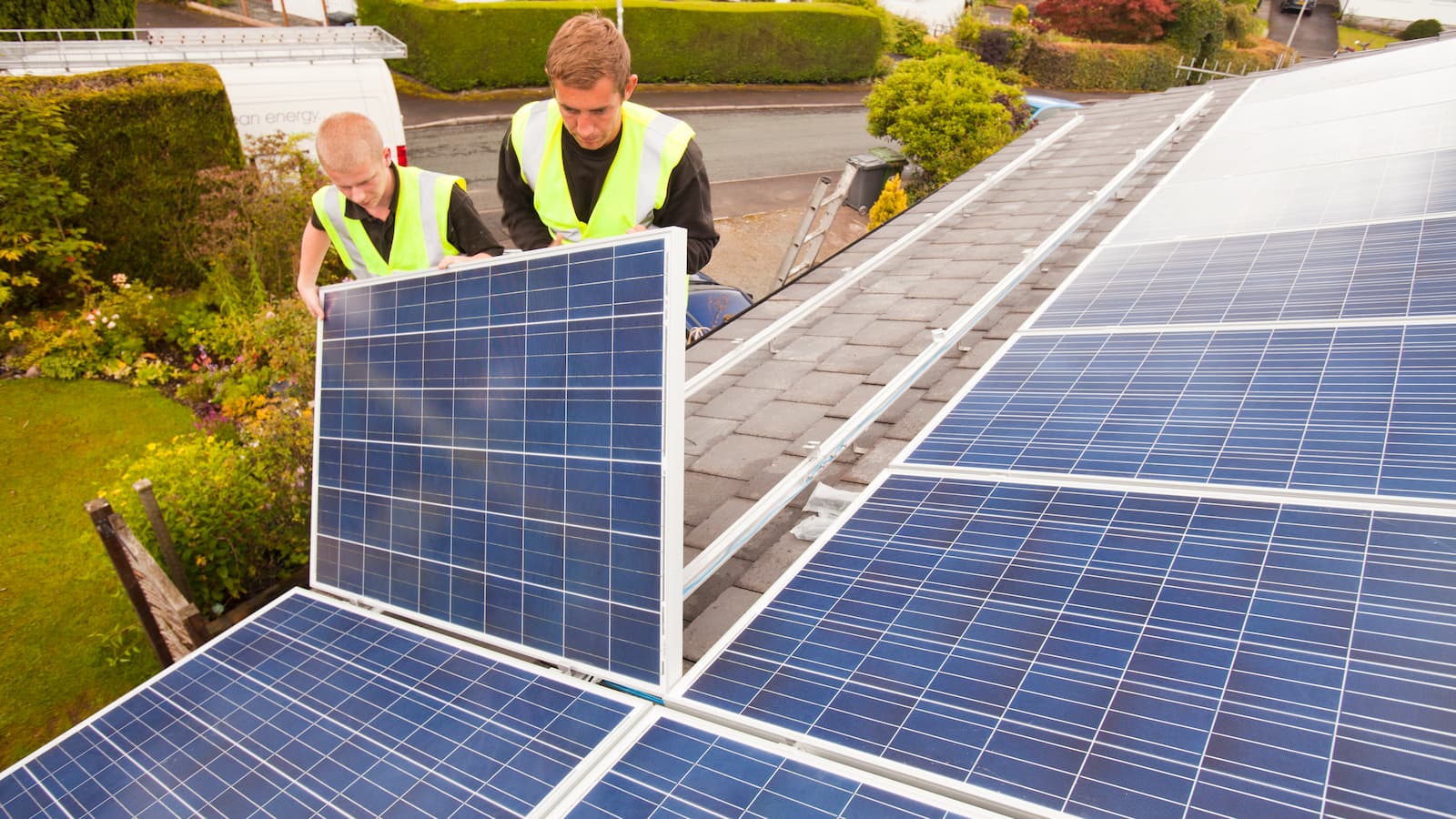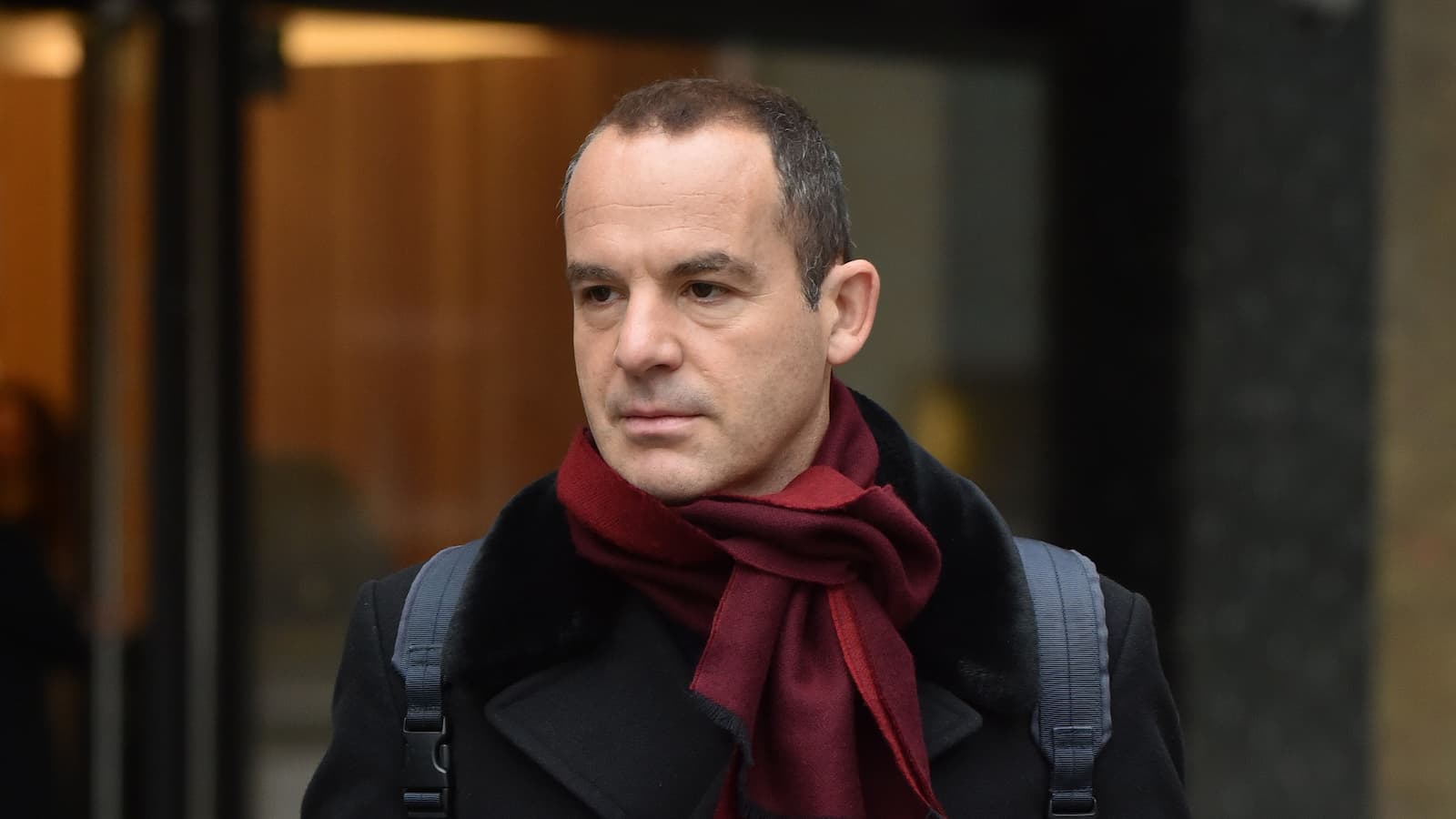Will the UK’s solar power boom be built on the back of slave labour?
One MP described the government's decision to block a ban on Chinese solar panels as "a sad and incredible day"

Is the UK’s clean energy transition at risk of being powered by modern slavery?
That was the stark question raised in a heated Parliamentary debate on the Great British Energy Bill, as MPs clashed over whether the government is doing enough to prevent solar panels linked to forced labour from entering the UK’s energy supply chain.
At the heart of the debate was a proposed amendment to block public funding for Great British Energy (GBE) projects found to have forced labour in their supply chains – a measure that critics argue should be a no-brainer. The government, however, resisted the amendment, insisting that existing procurement laws and corporate responsibility measures would be enough to tackle the issue.
But many MPs weren’t convinced.
Are UK solar panels linked to forced labour?
The concerns stem from China’s Xinjiang region, a major global producer of solar-grade polysilicon – a key material in solar panel manufacturing.
Human rights groups and multiple investigations have linked factories in the region to the forced labour of Uyghur Muslims, sparking ethical concerns about the UK’s reliance on reducing the cost of solar panels by using unethically sourced imports.
Sir Iain Duncan Smith (Conservative) argued that the current legal framework makes it almost impossible to block suppliers connected to forced labour unless a conviction is secured – something that would require the Chinese government to prosecute its own companies, an unlikely scenario.
Get the Homebuilding & Renovating Newsletter
Bring your dream home to life with expert advice, how to guides and design inspiration. Sign up for our newsletter and get two free tickets to a Homebuilding & Renovating Show near you.
Duncan Smith said: "The Minister will know full well that the Procurement Act can only be enacted once a supplier has had a conviction under section 54 of the Modern Slavery Act. To do that, proceedings have to be taken against the company involved in slavery. A British company cannot do that - it would have to get the Chinese Government to prosecute a Chinese company. That is never going to happen."
MP Andrew Bowie (Conservative) went even further, calling the situation "a sad and incredible day", accusing the government of pushing a "Made-in-China energy transition" built on coal power and modern slavery.
Bowie said: "It was on this day in 1807 that the Abolition of the Slave Trade Act received Royal Assent, and now, 218 years later, MPs are going to be whipped to allow the state to directly fund imports of goods built by slave labour in China."
Josh Babarinde (Liberal Democrat MP) raised a personal plea, referencing a letter from a Holocaust survivor in his constituency.
He stated: "My constituent, Dorit Oliver-Wolff, is a Holocaust survivor. She knows what slave labour looks like, and she has written to the Prime Minister to urge that our energy transition does not repeat the atrocities she has seen. She is awaiting a reply from the Prime Minister. Will the Minister nudge No. 10 to ensure that she gets the response she needs and deserves?"
Government insists it 'will tackle modern slavery head-on'
In response, Michael Shanks, the Energy Minister, insisted that Great British Energy would take the issue seriously, pointing to measures such as:
- Slavery and human trafficking statements under the Modern Slavery Act
- The use of modern slavery assessment tools to vet suppliers
- The ability to block contracts under the Procurement Act
- Withdrawing solar panel grants for solar panels proven to be from unethically sourced companies
Shanks added: "I assure the House that with these tools, GBE will tackle modern slavery head-on. Where there is credible evidence of involvement anywhere in supply chains, GBE will ensure that it does everything in its power to combat the scourge of modern slavery and to pull up the standards expected of the wider UK energy sector in the process."
He also announced that GBE will appoint a senior leader responsible for ethical supply chains and pledged to push all FTSE 100 companies to tighten their policies on forced labour.
However, critics argued that these measures amount to self-regulation, with no clear enforcement mechanisms.
DUP MP Sammy Wilson challenged the government’s approach, arguing that if they were serious about tackling the issue, they would cut funding to suppliers immediately.
Wilson stated: "Many people listening to this will see it as evading rather than addressing the issue. If credible evidence is discovered that supply chains have been contaminated by slavery, the easy way of stopping purchases from suppliers who act in that way is to say, ‘You’re not getting any support.’"
Labour MP Rachael Maskell suggested an alternative approach; shifting the burden of proof so that companies must prove they have no ties to forced labour, rather than the government having to prove wrongdoing.
However, Michael Shanks said this would cause "unnecessary legal uncertainty and precedent".
A growing moral and economic dilemma
The debate highlights a growing dilemma: how can the UK meet its ambitious clean energy goals while ensuring that supply chains remain ethical and free from exploitation?
With China dominating the global solar panel market, experts warn that cutting out tainted supply chains could slow the UK’s renewable energy expansion - but failing to act could make Britain complicit in human rights abuses.
As Great British Energy moves forward with major solar projects for schools, hospitals and public buildings, pressure is mounting for the government to take a firmer stance against modern slavery in renewables, like solar PV, wind turbines and heat pumps.
The question now is whether the UK is truly committed to a clean energy future that is both sustainable – and ethical.

News Editor Joseph has previously written for Today’s Media and Chambers & Partners, focusing on news for conveyancers and industry professionals. Joseph has just started his own self build project, building his own home on his family’s farm with planning permission for a timber frame, three-bedroom house in a one-acre field. The foundation work has already begun and he hopes to have the home built in the next year. Prior to this he renovated his family's home as well as doing several DIY projects, including installing a shower, building sheds, and livestock fences and shelters for the farm’s animals. Outside of homebuilding, Joseph loves rugby and has written for Rugby World, the world’s largest rugby magazine.
